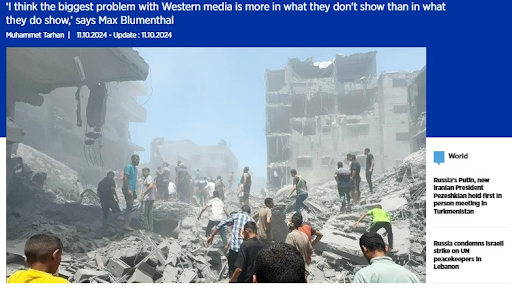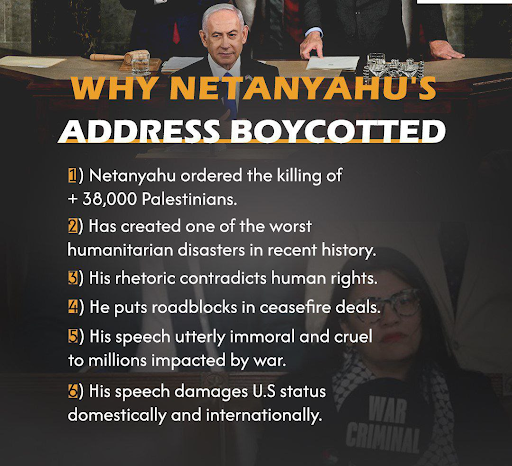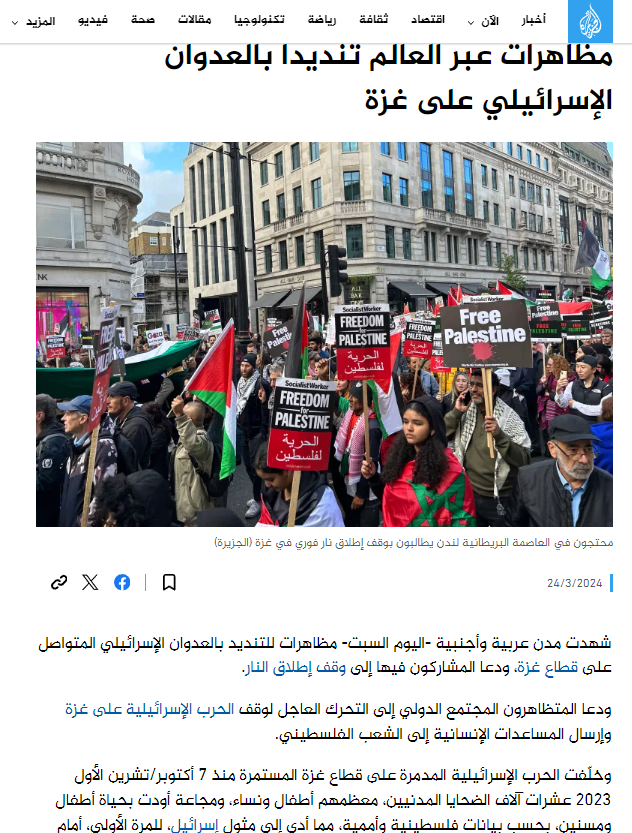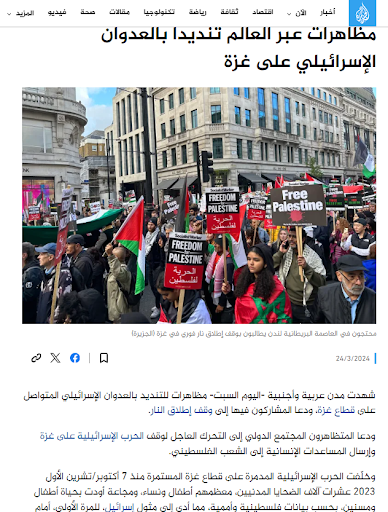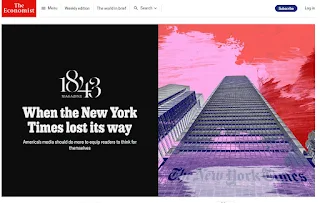
media review: Hundreds of writers boycott New York Times over Gaza coverage
As of yesterday Oct. 28, over 150 contributors, and the list is growing, to the New York Times have declared a boycott of its opinion section, accusing the paper of “biased coverage” of Israel’s war on Gaza.
In a joint letter cited by Middle East Eye, the writers said the Times “launders the US and Israel’s lies,” and called for an internal review of anti-Palestinian bias and a US arms embargo on Israel.
“Until the New York Times takes accountability for its biased coverage and commits to truthfully and ethically reporting on the US-Israeli war on Gaza, any putative ‘challenge’… is, in effect, permission to continue this malpractice,” the letter read.
Signatories include Rashida Tlaib, Greta Thunberg, Chelsea Manning, Sally Rooney, Rima Hassan, Elia Suleiman, Viet Thanh Nguyen, and Dave Zirin.











